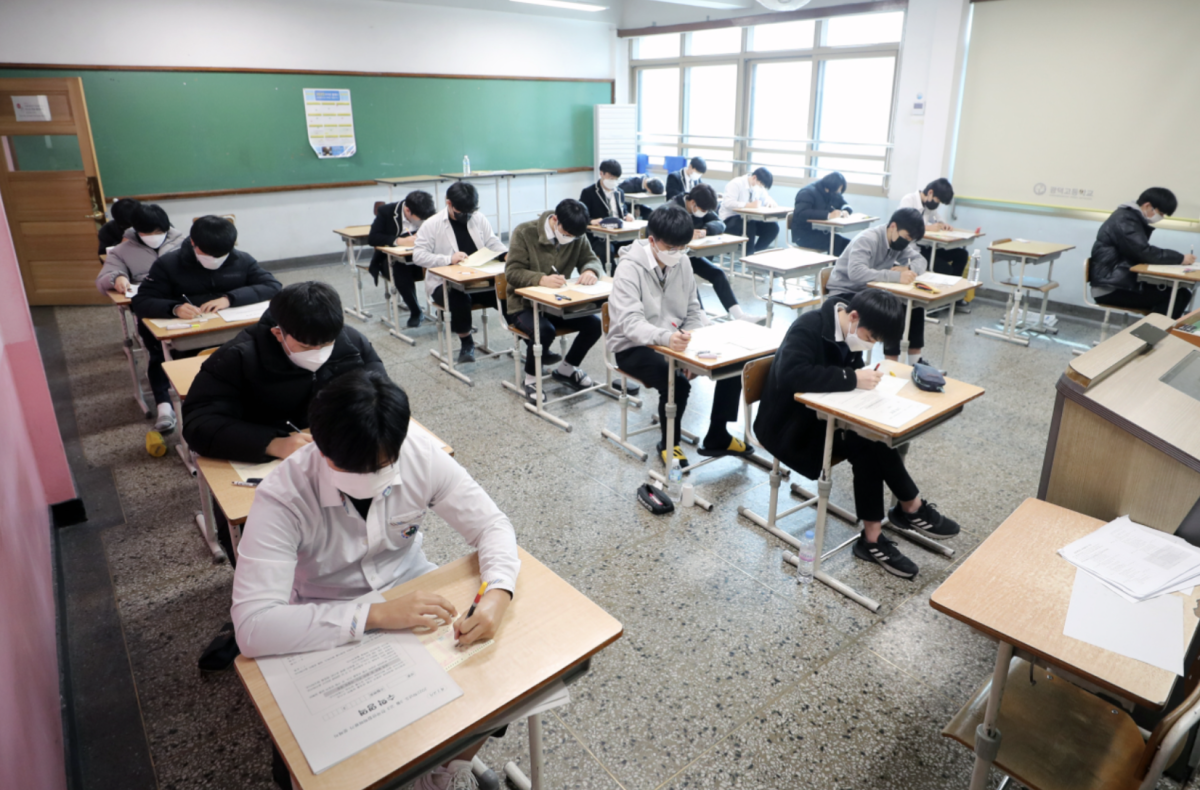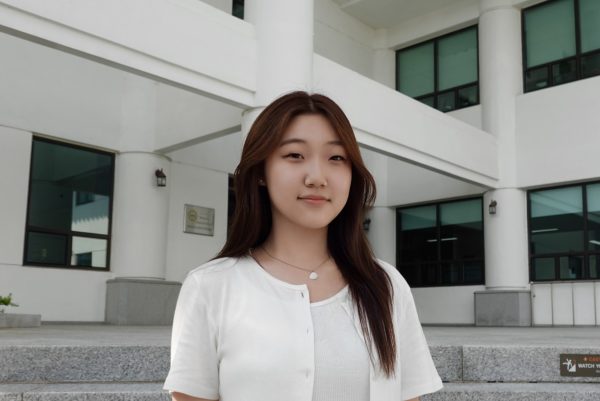On Nov. 16, all South Korean students in their final year of high school took South Korea’s annual College Scholastic Ability Test, also known as suneung. Over 500,000 students took this year’s college entrance exam, which will determine their future academic pursuits and careers.
Unlike most college entrance exams, suneung is on the same day for every South Korean student and can only be taken once per year. If students are either unsatisfied with their result or choose to withdraw from the test, they may take it again the next year. Suneung is widely recognized as a pathway to the prestigious ‘SKY’ schools–Seoul National University, Korea University, and Yonsei University–where achieving a near-perfect score significantly increases the chances of being accepted.
“From my experience, as someone who already took the SATs, it is very different from suneung.” Sijeong Bang (11), a student at SIS, said. “I could never imagine that kind of pressure.”
The eight-hour test consists of various subjects: Korean, mathematics, English, Korean history, subordinate subjects (vocational, science, social studies), and a second foreign language or classical Chinese. Leading up to the exam, students undergo intense preparation, often attending tutoring classes or specialized academies known as hagwons. These institutions offer supplementary education and exam-targeted lessons in order to enhance the chances of receiving high scores.
“My entire education since elementary school has revolved around preparing for suneung, instead of actually learning school material,” Hannah Au, a South Korean student who has taken suneung this year, said. “I would say that the most challenging aspect of the Korean education system is its reliance on a single exam. One or two questions could determine which schools I qualify for; it is basically a tool to separate those who excel and those who don’t. It is very cut-throat.”
The entirety of South Korea regards suneung with extreme importance, taking extra precautions to support the students. The Seoul Metropolitan Government had 16 trains and 698 cars prepared to transfer students running late in case of an emergency, around 16,000 police personnel were deployed to limit noise, working hours were adjusted, and a total of 94 flights scheduled during the test were either delayed or moved up.
The intense preparation and societal importance reflect the pressures within the Korean education system. South Korean students await the results of the College Scholastic Ability Test that will be released in about three weeks.


